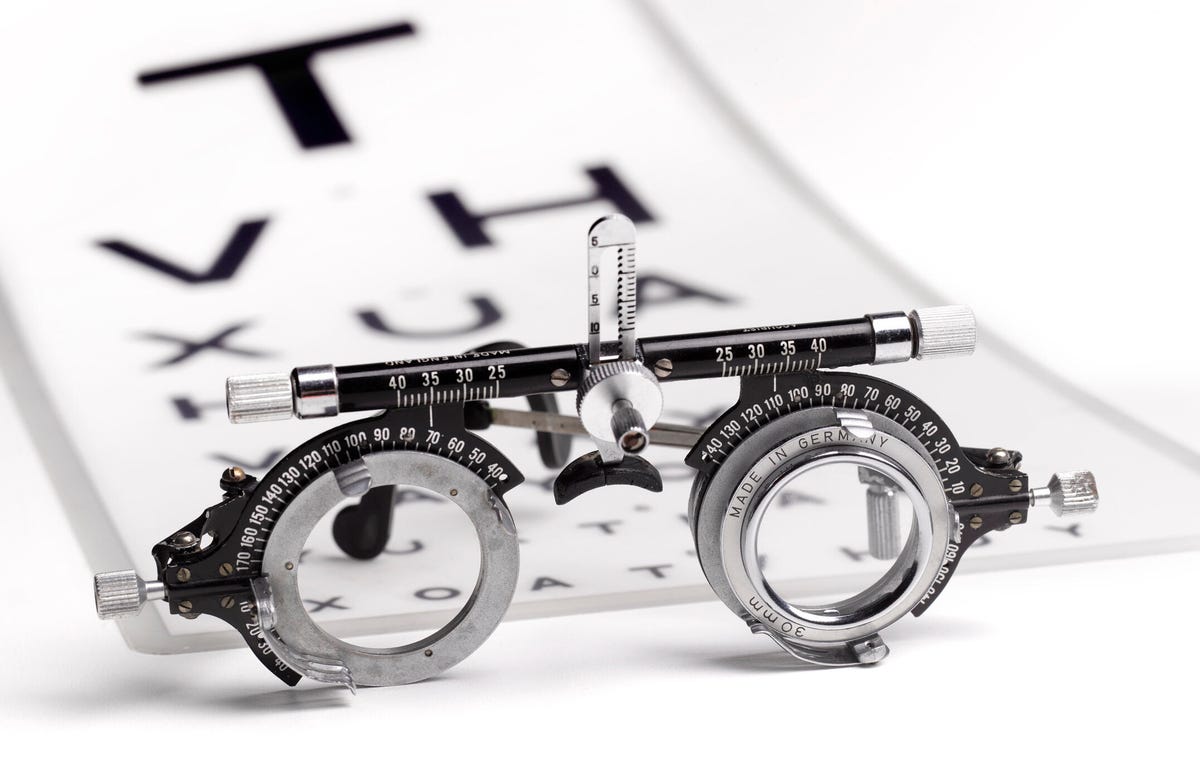As we age, our eyes undergo (sometimes subtle) changes that require extra care and attention. It's normal to experience some gradual vision changes as you age. However, some of us will face sudden vision changes that may indicate a medical issue.
As the number of candles on your birthday cake increases, so does your risk for eye-related conditions and diseases. Keeping up with your vision is easy when you follow these simple tips to preserve the health of your aging eyes.
Also, see which vitamins and supplements are key to eye health, daily things you can do to protect your eyes and six common eye conditions to watch for as you age.
1. Know your risk level
Knowing what things affect your vision and how to identify symptoms is one of the most effective ways to stay on top of your eye health.
If you work a job where you look at a computer screen all day, you're probably already familiar with eye fatigue and strain that sometimes cause temporary blurry vision. Take eye breaks at least every 20 minutes, and consider a pair of blue light-blocking glasses for use while working. If you work outdoors where the sun may damage your eyes or in a facility where things could get into your eyes, make sure to wear the appropriate protective eyewear and respond promptly to any injuries.
Don't forget about your family history. There are more than 350 eye diseases that are considered hereditary. You can't change your genetics, but being aware of them will help you identify symptoms or seek preventive care.
Read more: Best Reading Glasses of 2024
2. Get your eyes checked often
Eye examinations may not be what you look forward to most, but they should rank pretty high on the list of important things to do as you age. Whether you have a family history of vision issues or not, regular eye exams can help you identify issues early before they become something more severe.
The American Academy of Ophthalmology recommends eye examinations at least every year or two after age 65. Age-related eye issues like cataracts, diabetic retinopathy, glaucoma and macular degeneration can be identified early by an ophthalmologist.

3. Wear proper eyewear
The sun's UV rays can be harmful to the eyes and damage your vision. Excessive UV light has been linked to a higher risk of cataracts or even eyelid cancers, according to the US National Institutes of Health. Wear a proper hat and sunglasses that block at least 99% of UVA and UVB rays.
If you wear prescription glasses or contacts, or even a pair of over-the-counter readers, be proactive in updating your eyewear regularly. The prescription you needed at the time may be different than what you need now. Even if those over-the-counter readers did the trick a year ago, you may need a little more help now.
4. Take care of your body
Although external environmental factors certainly play a role, a lot of your eye health comes from the inside out.
A diet full of the best foods for healthy eyes can help deliver your body the nutrients it needs for optimal eye health. That includes things like almonds, broccoli, carrots, eggs, kiwi, leafy greens, salmon and sunflower seeds that are easy to incorporate into meals. A proper diet also encourages healthy blood glucose and body weight, which reduces the risk of diabetes. According to the Centers for Disease Control and Prevention, 90% of diabetes-related blindness is preventable.
If you're a smoker, now is the time to stop. Among the many other diseases, smoking is associated with, smoking-related eye conditions are common. Two of the biggest threats are macular degeneration and cataracts. As a smoker, you're twice as likely to develop age-related macular degeneration and two to three times more likely to develop cataracts than nonsmokers, per the CDC.
The information contained in this article is for educational and informational purposes only and is not intended as health or medical advice. Always consult a physician or other qualified health provider regarding any questions you may have about a medical condition or health objectives.